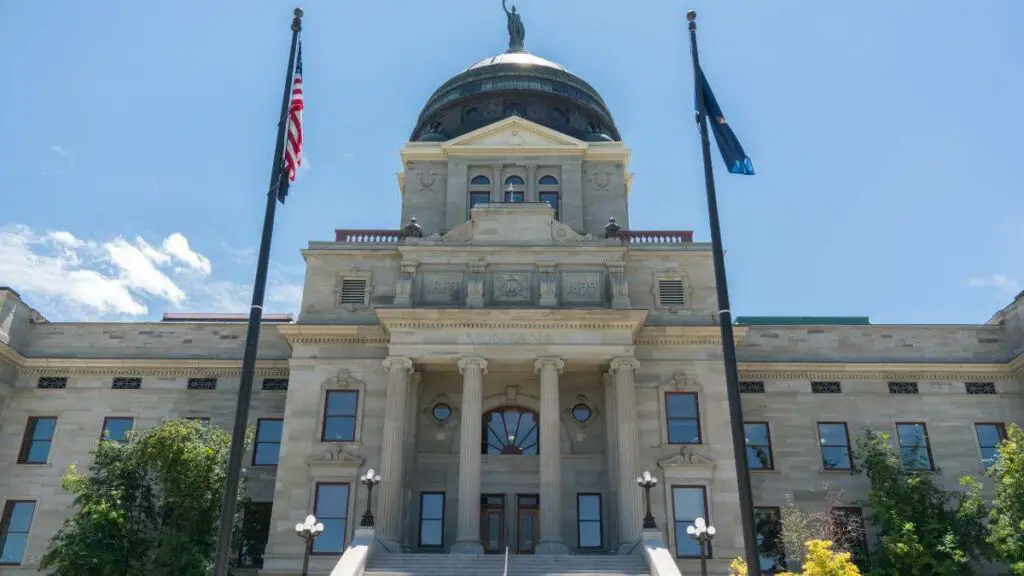Adding a new required class to a state’s public high school curriculum is often a rigorous task. Schools must ensure that they have teachers with the proper certifications, quality academic materials, and space in both the school building and on the master schedule. If a high school is already completely full, administrators may have to hire an additional teacher. Is there a classroom available for this new teacher, or will he or she have to “float” into other classrooms during the day?
Montana, interestingly, is likely hoping to ease through this dilemma by having high schools offer Personal Financial Literacy as an elective first, beginning this school year, before making the course mandatory for graduation beginning with the Class of 2026. This gives Montana high schools two years to work out any kinks and ensure that seniors in the fall of 2025 have a quality PFL class to attend. Many schools are taking existing finance-related courses and converting them into the state-approved PFL course, with the state giving them until March of 2024 to have their mandatory PFL elective class certified. Over eighty percent of schools report having a class ready to meet this standard.
Two-Step Process May Ease Implementation
Having a PFL class as a “mandatory elective,” meaning the school must offer the course as an elective, but students do not have to take it, can be a good first step to creating a mandatory course. Making significant changes to a curriculum often comes with some hiccups, ranging from struggles to get quality materials to questions about state- or district-level standardized testing. Giving a PFL course a few years as a mandatory elective before it becomes a required core class would iron out these wrinkles before the public begins to apply the scrutiny it would to a required class.
Giving PFL classes a few years as a mandatory elective would also give schools some time to find optimal teachers. The first teacher assigned to teach the PFL class at a high school may not be very passionate about the subject, but a colleague might be. Ideally, the PFL elective teacher may even get a few years of experience in the subject before the course becomes a graduation requirement. This would make the class smoother and more engaging to students, reducing teenage resistance and grumblings of “Why do I have to take this class? The teacher doesn’t even know what’s going on!”
Other States Offer PFL Class as a “Mandatory Elective”
Texas is required to offer Personal Financial Literacy as a mandatory elective, with students able to either take Personal Financial Literacy and Economics or the traditional Economics course as seniors. Hopefully, Texas will introduce new legislation requiring a standalone PFL class for graduation, making students take a semester each of both Economics and Personal Financial Literacy. Fortunately, the current mandatory elective scenario will give current Economics teachers in the state more experience with financial literacy content, making later transitions to more PFL content easier.
Once “critical mass” is achieved in Personal Financial Literacy requirements across the country, Texas will undoubtedly move to join Montana as a “gold standard” PFL state!

